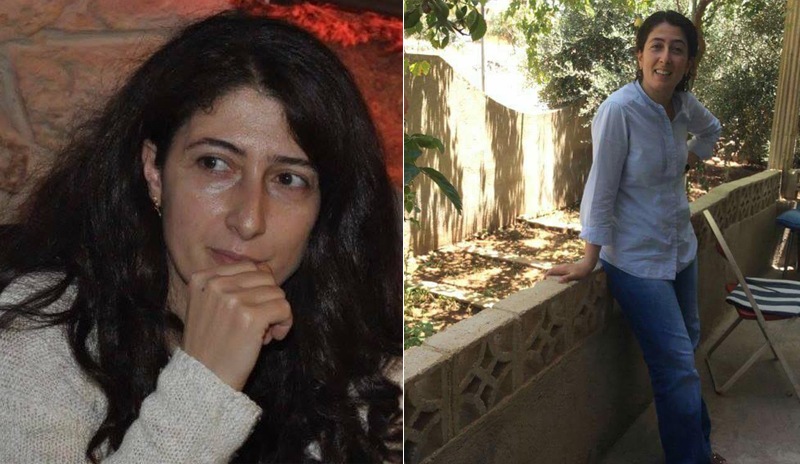Ayten Öztürk, who was forcibly transported from Lebanon to Turkey in 2018 by Turkish intelligence and testified in an İstanbul court in March about the torture and inhumane treatment she was subjected to at a black site before she was “officially” detained, was rearrested immediately after her release from prison, Turkish media reported on Thursday.
The İstanbul 3rd High Criminal Court on Thursday handed down two aggravated life sentences to Öztürk, also ruling to release her into house arrest.
According to a statement on social media by the People’s Law Office, Öztürk was rearrested as she was leaving Silivri Prison in İstanbul, based on charges related to an incident that took place the same day as other activities she was accused of in her case file.
“End this lawlessness!” the office demanded in a tweet on Thursday.
Öztürk was detained in Lebanon, handed over to Turkish intelligence and transferred against her will to Turkey on March 8, 2018. After being held at a black site for six months under torture and ill-treatment, she was left in an vacant field where she was “officially” detained and taken to Ankara police headquarters.
She is accused of links to the outlawed Revolutionary People’s Liberation Party/Front (DHKP/C), a militant Marxist group, based on witness testimony. DHKP-C is listed as a terrorist organization by Turkey, the United States and the European Union.
In her testimony in March, before she was convicted, Öztürk argued that she was being held in pre-trial detention despite a lack of evidence in order to prevent her from showing the signs of torture.
State-sponsored abductions and the forcible return of Turkish nationals have become common practice in recent years.
The Turkish government is accused of engaging in the systematic practice of state-sponsored extraterritorial abductions and forcible returns to Turkey, with more than 100 Turkish nationals from multiple states that are dependent on Ankara for financial, political or humanitarian support — including Afghanistan, Albania, Azerbaijan, Afghanistan, Cambodia, Gabon, Kosovo, Kazakhstan, Lebanon and Pakistan — removed to Turkey.
Some victims of forcible return have said they were subjected to torture in unknown locations for months. They claimed their families and lawyers had not heard from them during that time, and they were later handed over to the police.
In different cases the UN Working Group on Arbitrary Detention (WGAD) concluded that the arrest, detention and forced transfer to Turkey of Turkish nationals were arbitrary and in violation of international human rights norms and standards.

